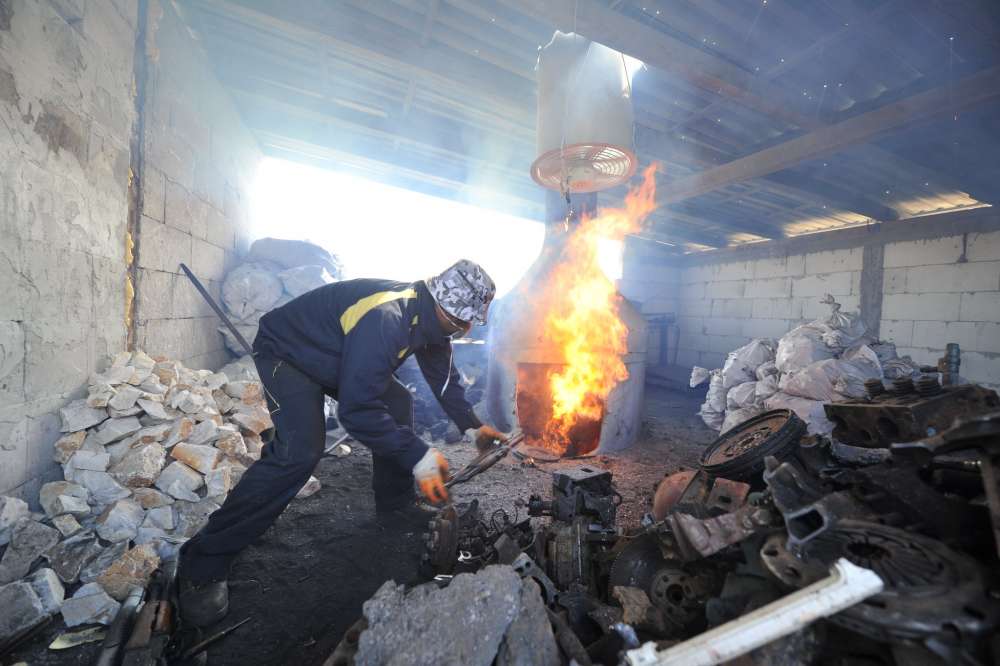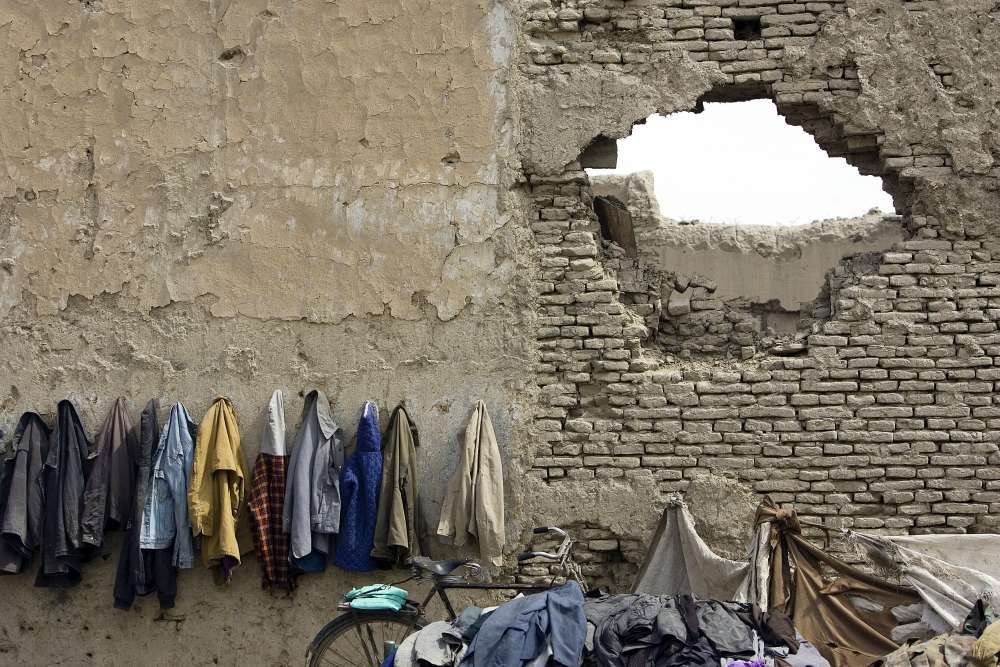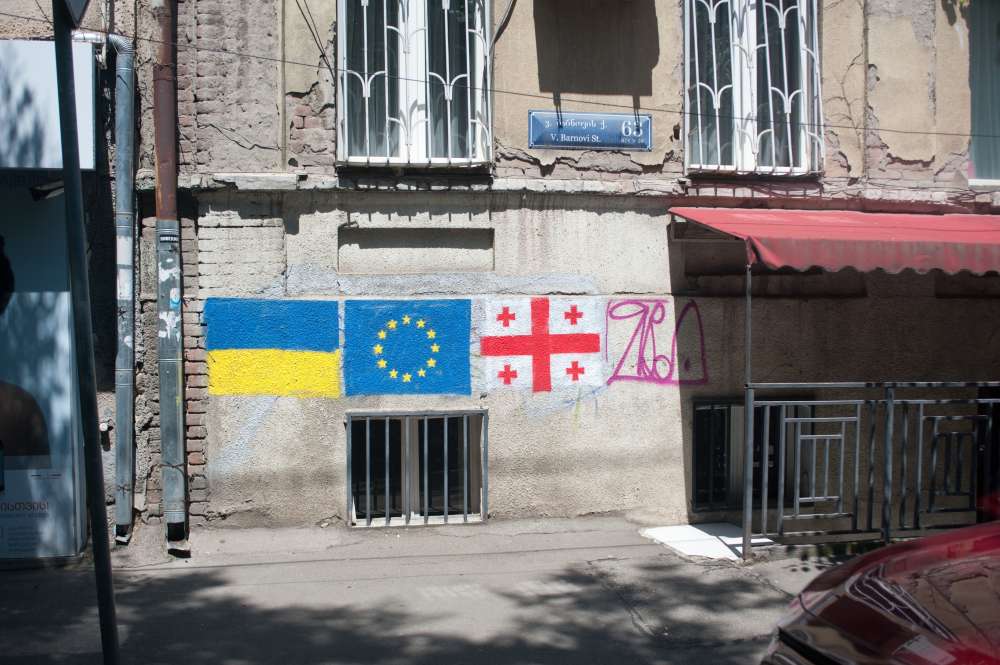Evaluation of the Roadmap 2024 for the Control of Small Arms and Light Weapons in the Western Balkans

June 2019 – March 2020
The Roadmap 2024 for the comprehensive control of small arms and light weapons, ammunition and explosives (SALW) in the Western Balkans was drawn up in 2018 as an agreement between the six Western Balkan partners (Albania, Bosnia and Herzegovina, Kosovo, Montenegro, North Macedonia, and Serbia, or WB6 for short), the European Union member states, and EU institutions. It was devised under Franco-German facilitation and with key technical support by the South Eastern and Eastern Europe Clearing House for Small Arms and Light Weapons (SEESAC), and was adopted as part of the Berlin Process.
The aim of the Roadmap is to find a “sustainable solution to the illegal possession, misuse and smuggling of small arms and light weapons and their ammunition in the Western Balkans by 2024,” in time for the potential start of the EU accession process for some of the Western Balkan states. The Roadmap is based on a new model of joint coordination, governance and progress monitoring between donors, local authorities and international organizations on the ground whose projects make key contributions to implementing the Roadmap objectives. The most important donors, who provide not only financial but also political support, are Germany, France and the EU, as well as the United Kingdom, Norway, the Netherlands, and Sweden within the framework of a multi-partner trust fund. Following the development of the Roadmap in 2018 and its implementation in 2019, Germany and France are aiming for the EU to take a stronger political and financial role from 2020 onward.
In the summer 2019, the German Federal Foreign Office commissioned GPPi to conduct a formative, strategic evaluation of the 2024 Western Balkans Small Arms Roadmap. The evaluation asked the following questions:
Quality and Coherence
- To what extent are the goals of the Roadmap appropriate to achieve the overall objective?
- Are the goals of the Roadmap feasible?
- Are the key performance indicators chosen in such a way that progress can be sufficiently measured at a national and regional level?
- How gender sensitive is the Roadmap?
Progress to Date
- What early – intended and unintended – successes and difficulties are already apparent in the project work to implement the Roadmap?
Process, Coordination and Control
- What role do key local actors play in implementing the Roadmap, and to what degree do they show acceptance and ownership?
- To what extent are the existing processes, instruments and levers suitable for effectively and efficiently managing the implementation of the Roadmap?
- How do donor-donor and donor-recipient coordination influence the implementation of the Roadmap?
- What role does SEESAC, the official coordinator for small arms control in the Western Balkans, play in implementing the Roadmap? And is this role sufficient to ensure implementation?
- What is the role of France, Germany and the European Union in advancing the Roadmap?
- Where do the Roadmap, the WB6 action plans, and individual projects fit within existing plans for small arms control in the region as well as the relevant instruments of international law?
Further Development
- How should the political governance of the Roadmap be organized after its adoption by the EU and its integration into the EU Action Plan 2020 – 24?
- What role should Germany play in the Roadmap process after the handover to the EU?
- What lessons can be learnt from the initial experiences with the Roadmap for similar projects in other regions?
The final evaluation report was approved by the German Federal Foreign Office in March 2020. For more information, please contact Philipp Rotmann.







